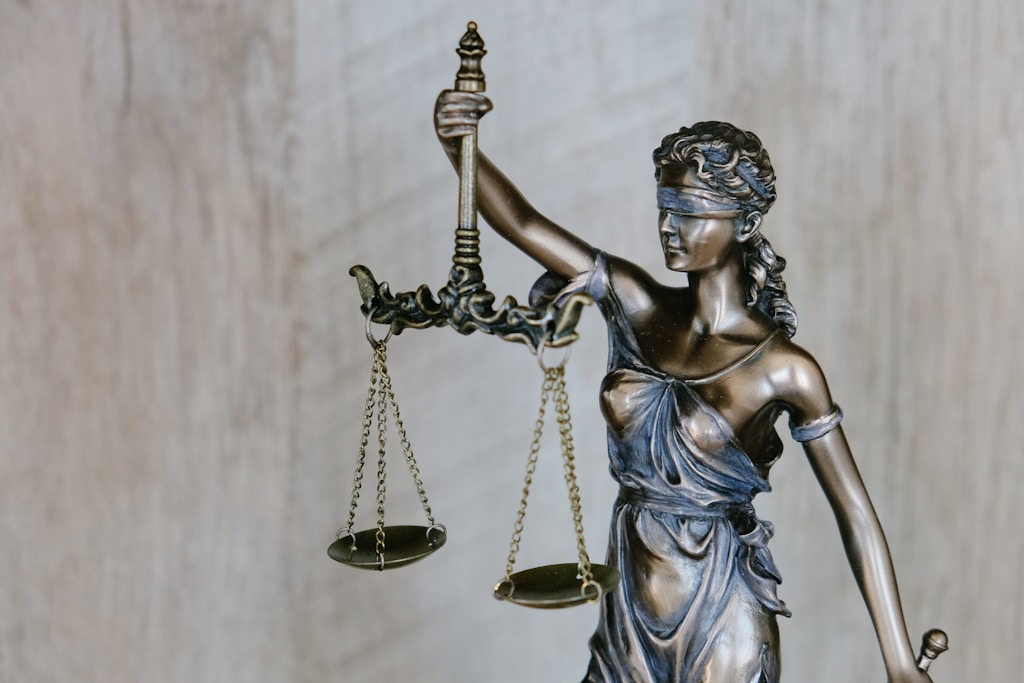A major cryptocurrency money laundering case has emerged as U.S. authorities charge a Russian national with orchestrating a $530 million illegal operation, highlighting growing concerns over crypto-based financial crimes.
The U.S. Department of Justice (DOJ) announced on June 9 that Iurii Gugnin, a Russian national residing in New York, faces 22 criminal charges related to an extensive cryptocurrency money laundering scheme. This case connects to broader concerns in the stablecoin market, as investigators found significant use of stablecoins in the operation.
Key Details of the $530M Crypto Laundering Operation
- 22 separate criminal charges filed against Gugnin
- Alleged laundering of approximately $530 million
- Use of multiple corporate entities to bypass U.S. sanctions
- Systematic defrauding of financial institutions
Impact on Cryptocurrency Compliance Landscape
This case represents one of the largest cryptocurrency-related money laundering charges in recent history, highlighting the growing sophistication of financial crimes in the digital asset space. The investigation reveals complex methods used to circumvent traditional banking controls and cryptocurrency compliance measures.
SPONSORED
Trade with confidence using advanced security features and multi-collateral support
Regulatory Implications and Industry Response
The case has significant implications for cryptocurrency regulations and compliance requirements:
- Enhanced scrutiny of cross-border cryptocurrency transactions
- Potential strengthening of KYC/AML requirements
- Impact on international cryptocurrency business operations
- Greater focus on stablecoin transaction monitoring
FAQ Section
What are the specific charges in this case?
The 22 charges include money laundering, bank fraud, and sanctions violations related to the $530 million cryptocurrency scheme.
How does this affect the cryptocurrency industry?
This case may lead to stricter regulations and enhanced compliance requirements for cryptocurrency businesses operating globally.
What role did stablecoins play in this operation?
Stablecoins were allegedly used as a key tool in the money laundering operation, highlighting their potential misuse in financial crimes.
Looking Ahead: Industry Impact and Prevention Measures
The cryptocurrency industry must now address these challenges through:
- Enhanced transaction monitoring systems
- Improved international cooperation frameworks
- Stronger compliance protocols
- Advanced fraud detection mechanisms






